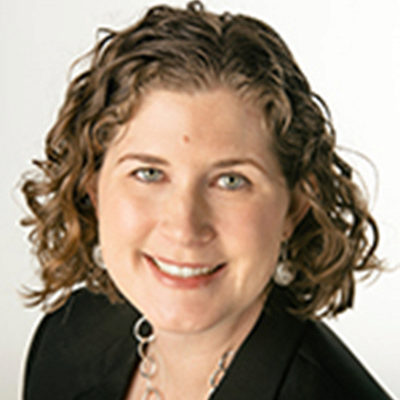 |
| Dr. Karen Feigh Associate Chair for Research |
Mark F. Costello, the William R. T. Oakes Professor and Chair of the Daniel Guggenheim School of Aerospace Engineering, has announced that Prof. Karen Feigh has been promoted to the position of associate school chair for research.
The longtime faculty member and director of the Cognitive Engineering Center now joins an AE School leadership team that includes Prof. Stephen Ruffin and Prof. Mitchell Walker, the associate chairs for undergraduate and graduate programming, respectively.
"Dr. Feigh has long been an asset to our school," said Costello. "I deeply value her ability to creatively solve complex problems and her wide-ranging knowledge of the discipline. I am thrilled to have her join the leadership team."
In her new role, Feigh will lead research operations in the School of Aerospace Engineering, including managing sponsored research from government and industrial organizations as well as forming new research collaborations with domestic and international partners.
"I’m very honored and excited to be joining the leadership of the School," Feigh said. "Aerospace engineers are having significant impacts in the future of transportation and exploration on the Earth and beyond. I look forward to helping Mark and all of the faculty in the Aerospace Engineering School to improve their research impacts."
Feigh earned her undergraduate degree at the Daniel Guggenheim School, an MPhil in aeronautics from Cranfield University, UK, and a doctorate in industrial and systems engineering from Georgia Tech. Feigh has played an instrumental role in establishing a new post-doctoral program at the AE School and in designing a specialty areas program to guide the undergraduate curriculum.
Prior to her tenure at Tech, she worked on fast-time air traffic simulation, conducted ethnographic studies of airline and fractional ownership operation control centers, and designed expert systems for air traffic control towers and NextGen concepts. She is also experienced in conducting human-in-the-loop experiments for concept validation.